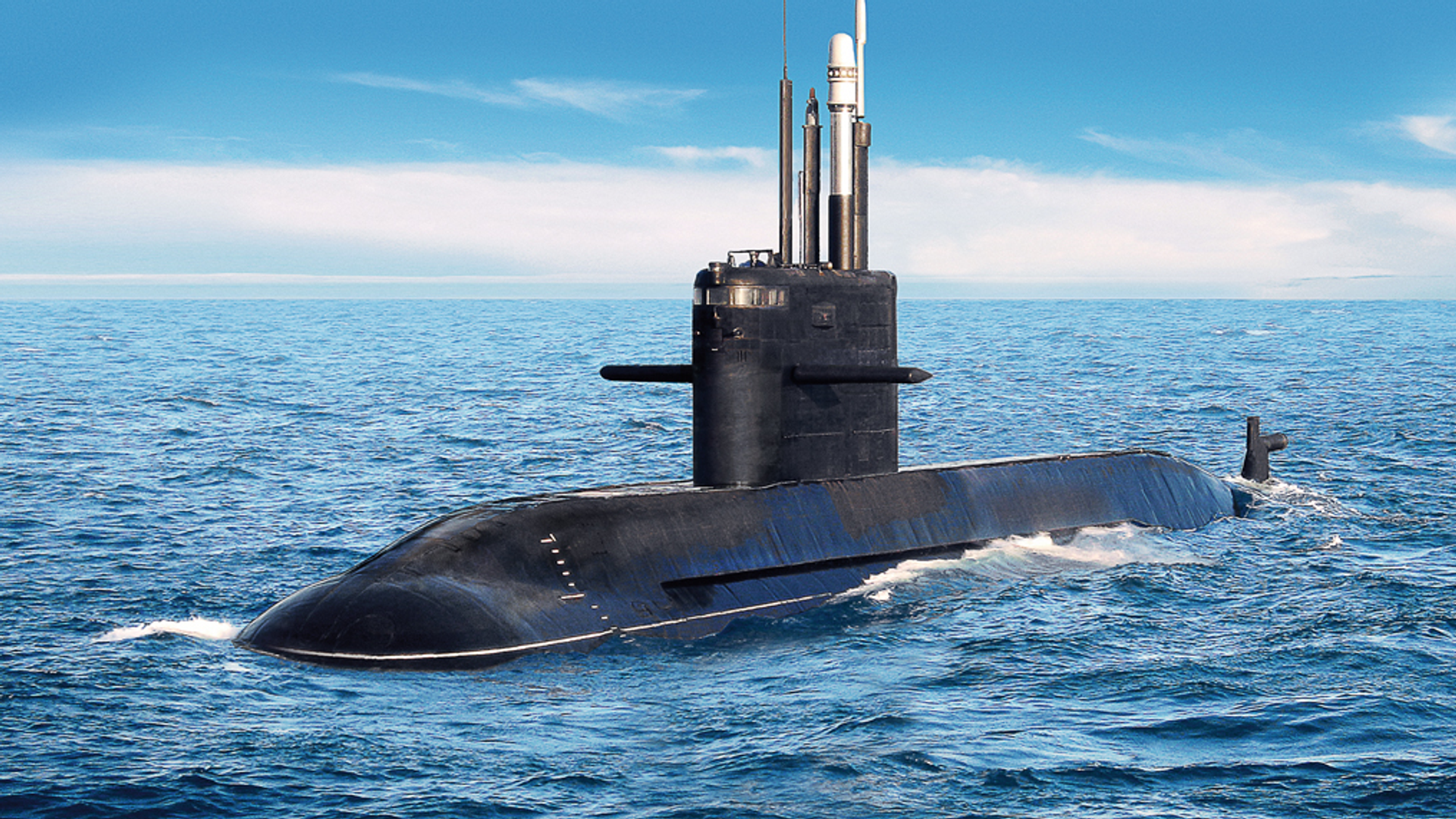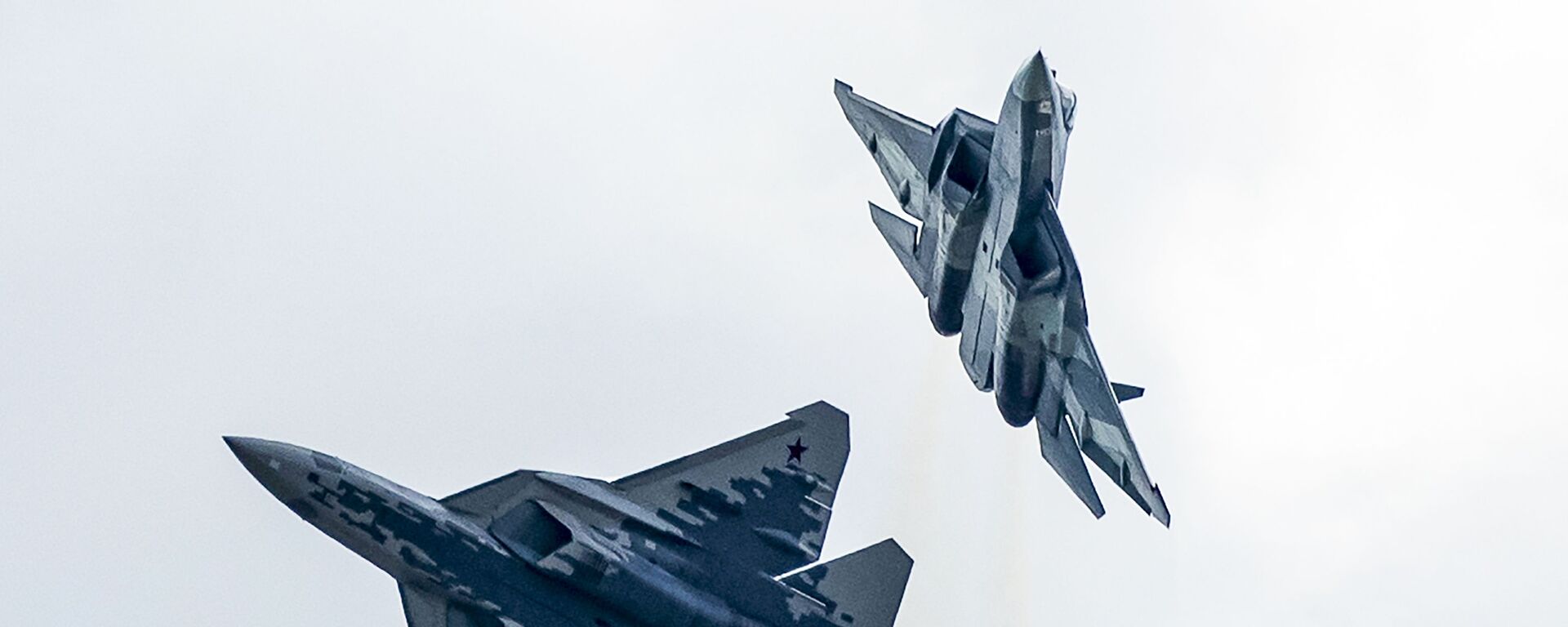https://sputniknews.in/20230213/russia-proposes-joint-construction-of-submarine-with-india-based-on-amur-1650-863022.html
Russia Proposes Joint Construction of Submarine With India Based on Amur-1650
Russia Proposes Joint Construction of Submarine With India Based on Amur-1650
Sputnik India
BENGALURU, India (Sputnik) - Russia has offered to jointly develop with India a non-nuclear submarine based on the Russian Amur-1650 diesel-electric submarine... 13.02.2023, Sputnik India
2023-02-13T17:50+0530
2023-02-13T17:50+0530
2023-02-13T17:50+0530
indo-russian relations
russian arms supplies
make in india
india
russia
arms supplies
amur 1650
https://cdn1.img.sputniknews.in/img/07e7/02/0d/862781_0:92:1015:663_1920x0_80_0_0_a9e021467d4279de597d249dffa26411.png
Deputy Director of the Russia Federal Service for Military-Technical Cooperation Vladimir Drozhzhov shared details with Sputnik during the Aero India 2023 exhibition in Karnataka's Bengaluru.In 2021, India issued a request for proposal to five foreign contenders for the construction of six submarines with advance capabilities for Indian navy under the Project-75 (I) program. According to Drozhzhov, the Russian side informed India that it would not take part in this tender. "However, along with this, we offer our Indian partners a variant of cooperation on this topic, including the joint designing and production of a national non-nuclear submarine under the 75 (I) program on the basis of an intergovernmental agreement," the Russian official said. "Taking into account our experience of working with the Indian side on other naval projects, localization of production during the implementation of the program for the construction of Project-75 (I) submarines based on the Russian platform Amur-1650 can be increased to 70-80%."Submarines of the Amur class belong to the fourth generation and have improved acoustic stealth, new combat systems, and the option of installing an anaerobic air-independent power plant.The Amur-1650 project involves the creation of a submarine with a diving depth of up to 300 meters (984 feet), a speed of up to 22 knots, an endurance of 45 days, and a crew of 35 people. The submarine can be armed with Kalibr or BrahMos missiles, torpedoes, and mines.
https://sputniknews.in/20230213/exports-of-russian-military-products-to-india-at-over-13bln-over-five-years-854308.html
india
russia
Sputnik India
feedback.hindi@sputniknews.com
+74956456601
MIA „Rossiya Segodnya“
2023
Sputnik India
feedback.hindi@sputniknews.com
+74956456601
MIA „Rossiya Segodnya“
News
en_IN
Sputnik India
feedback.hindi@sputniknews.com
+74956456601
MIA „Rossiya Segodnya“
Sputnik India
feedback.hindi@sputniknews.com
+74956456601
MIA „Rossiya Segodnya“
project-75 (i) program, russian amur-1650 diesel-electric submarine, aero india 2023,
project-75 (i) program, russian amur-1650 diesel-electric submarine, aero india 2023,
Russia Proposes Joint Construction of Submarine With India Based on Amur-1650
BENGALURU, India (Sputnik) - Russia has offered to jointly develop with India a non-nuclear submarine based on the Russian Amur-1650 diesel-electric submarine with a localization level of production of up to 80%.
Deputy Director of the Russia Federal Service for Military-Technical Cooperation Vladimir Drozhzhov shared details with Sputnik during the Aero India 2023 exhibition in Karnataka's Bengaluru.
In 2021, India issued a request for proposal to five foreign contenders for the construction of six submarines with advance capabilities for Indian navy under the Project-75 (I) program. According to Drozhzhov, the Russian side informed India that it would not take part in this tender.
"However, along with this, we offer our Indian partners a variant of cooperation on this topic, including the joint designing and production of a national non-nuclear submarine under the 75 (I) program on the basis of an intergovernmental agreement," the Russian official said. "Taking into account our experience of working with the Indian side on other naval projects, localization of production during the implementation of the program for the construction of Project-75 (I) submarines based on the Russian platform Amur-1650 can be increased to 70-80%."
Drozhzhov explained that, as an air-independent propulsion unit, the Indian side is offered an engine of both Russian or Indian production, as well as an engine of joint Russian-Indian production.
Submarines of the Amur class belong to the fourth generation and have improved acoustic stealth, new combat systems, and the option of installing an anaerobic air-independent power plant.
The Amur-1650 project involves the creation of a submarine with a diving depth of up to 300 meters (984 feet), a speed of up to 22 knots, an endurance of 45 days, and a crew of 35 people. The submarine can be
armed with Kalibr or BrahMos missiles,
torpedoes, and
mines.


